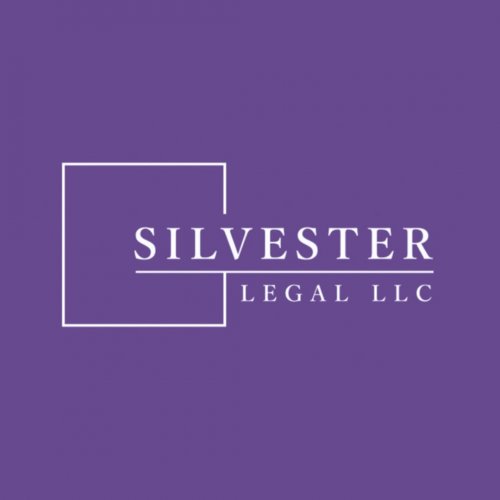Best Collaborative Law Lawyers in Clarke Quay
Share your needs with us, get contacted by law firms.
Free. Takes 2 min.
Free Guide to Hiring a Family Lawyer
List of the best lawyers in Clarke Quay, Singapore
Legal guides written by Silvester Legal LLC:
- Mediation: Parties get to meet early on
- Mediation: Keeping disputes out of court
- Renegotiation of Contracts: Re-Align Framework
About Collaborative Law in Clarke Quay, Singapore
Collaborative law, also known as collaborative practice, is an alternative dispute resolution process. In Clarke Quay, Singapore, collaborative law is often used in cases such as divorce, business disputes, and other areas related to civil disputes where the parties aim for a mutual agreement rather than going to trial. This approach emphasizes mutual respect and cooperation, rather than adversarial strategies.
Why You May Need a Lawyer
Engaging a lawyer in matters related to collaborative law is beneficial for negotiations, preparing and reviewing settlement agreements, and overall guidance throughout the process. It is especially important when the case involves intricate matters like high net worth assets, businesses, intricate financial & legal issues, or child custody in case of a divorce. A skilled attorney can provide advice that balances your rights with civility and respect for the other party, strive for a peaceful resolution in a manner that prevents unnecessary aggravation.
Local Laws Overview
Singaporean law promotes out-of-court settlements, and collaborative law is wholly compliant with this paradigm. However, there are no specific laws set up exclusively for collaborative law in Singapore. Rather, the method is derived from the professional guidelines set by the Law Society of Singapore, under the ambit of the Legal Profession Act, and leverages the general principles of contract, negotiation, and mediation. A qualified lawyer would be the best source for case-specific information.
Frequently Asked Questions
What is the benefit of collaborative law over traditional litigation?
The collaborative process tends to be faster, less expensive, and causes less strain on personal relationships than traditional court proceedings. Confidentiality is usually assured in collaborative practice.
Can you switch legal methods halfway?
Yes, if the collaborative process is not yielding satisfactory results, parties can move to traditional litigation, although it requires changing the lawyer.
Does collaborative law apply to business disputes?
Yes, businesses can also utilize collaborative law to resolve disputes peacefully and efficiently.
What happens if a settlement is not reached?
If an agreement cannot be reached through collaborative law, parties can choose to revert to a traditional court process but will need new lawyers to do so.
Does a lawyer have to be specially trained in collaborative law?
While not mandatory, it is highly recommended to consult lawyers with specific training or significant experience in collaborative law practice.
Additional Resources
The Ministry of Law, the Family Justice Courts, and the Law Society of Singapore provide several resources and information on alternative dispute resolutions such as Collaborative Law in Singapore.
Next Steps
If you need legal assistance in Collaborative Law, it's advisable to seek out a lawyer or law firm with expertise in this area. Many law firms offer a preliminary consultation to better understand your case and suggest a path forward.
Lawzana helps you find the best lawyers and law firms in Clarke Quay through a curated and pre-screened list of qualified legal professionals. Our platform offers rankings and detailed profiles of attorneys and law firms, allowing you to compare based on practice areas, including Collaborative Law, experience, and client feedback.
Each profile includes a description of the firm's areas of practice, client reviews, team members and partners, year of establishment, spoken languages, office locations, contact information, social media presence, and any published articles or resources. Most firms on our platform speak English and are experienced in both local and international legal matters.
Get a quote from top-rated law firms in Clarke Quay, Singapore — quickly, securely, and without unnecessary hassle.
Disclaimer:
The information provided on this page is for general informational purposes only and does not constitute legal advice. While we strive to ensure the accuracy and relevance of the content, legal information may change over time, and interpretations of the law can vary. You should always consult with a qualified legal professional for advice specific to your situation.
We disclaim all liability for actions taken or not taken based on the content of this page. If you believe any information is incorrect or outdated, please contact us, and we will review and update it where appropriate.









